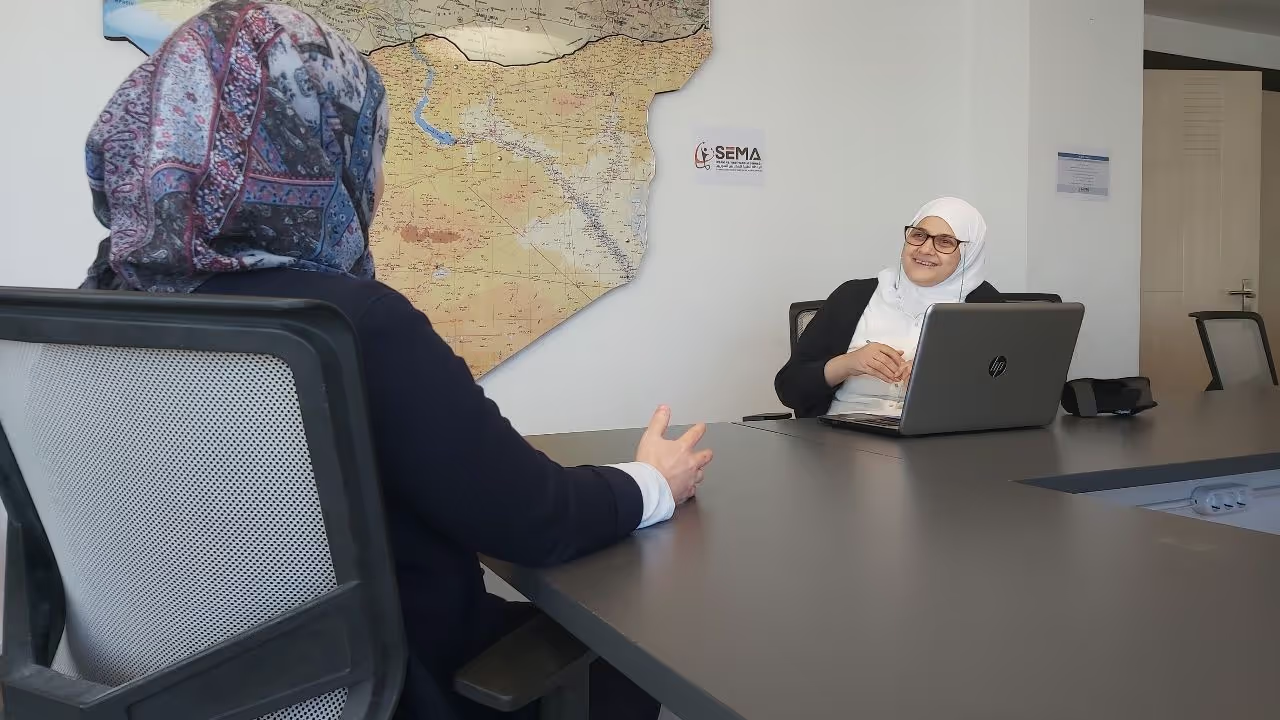Exploring Innovative Monitoring and Evaluation Practices Tailored for Gender-Based Violence Programmes

In the Syrian context, where the conflict has lasted for more than nine years, gender-based violence (GBV) is a significant consequence. GBV is widely spread, especially among vulnerable groups such as women, children, elderly, and people with disability. Although there is a large number of GBV projects, the effectiveness of these projects or their relevance to reality is not clear and is hard to measure.
In response to the call made by Elrha’s HIF to explore the practices used to measure the impact of gender-based violence projects in Syria, and to draw out potential innovations, the consortium implemented activities over six months. The project activities included two questionnaires, focus group discussions (8 groups, 4 in Syria and 4 in Turkey) and key informant interviews (16 interviews, 11 in Syria and 5 in Turkey).
The most prominent findings are:
- The understanding of gender-based violence concepts in the context is still not enough, even from some service providers.
- There is a gap between GBV technical staff and M&;E staff. It seems they both do not know about the nature of the other’s work.
- There is a shortage of female staff in M&;E field.
- Most monitoring and evaluation approaches focus on monitoring activities through the number of beneficiaries, the number of awareness-raising sessions, the results of pre and post-tests, in addition to the number of positively closed cases with case management.
- There is not much focus on impact measurement. The few examples of impact measurement include follow-up with beneficiaries after the project ends to find out if they economically empowered, and collecting success stories.
Practices that may have innovation potential are:
- Taking advantage of modern technology and applications in monitoring and evaluation, and benefiting from cluster coordination mechanisms to establish a comprehensive evaluation system.
- Developing the practice of “collecting success stories”, so more deep insights about the real impact of GBV programs can be captured in a context-relevant way.